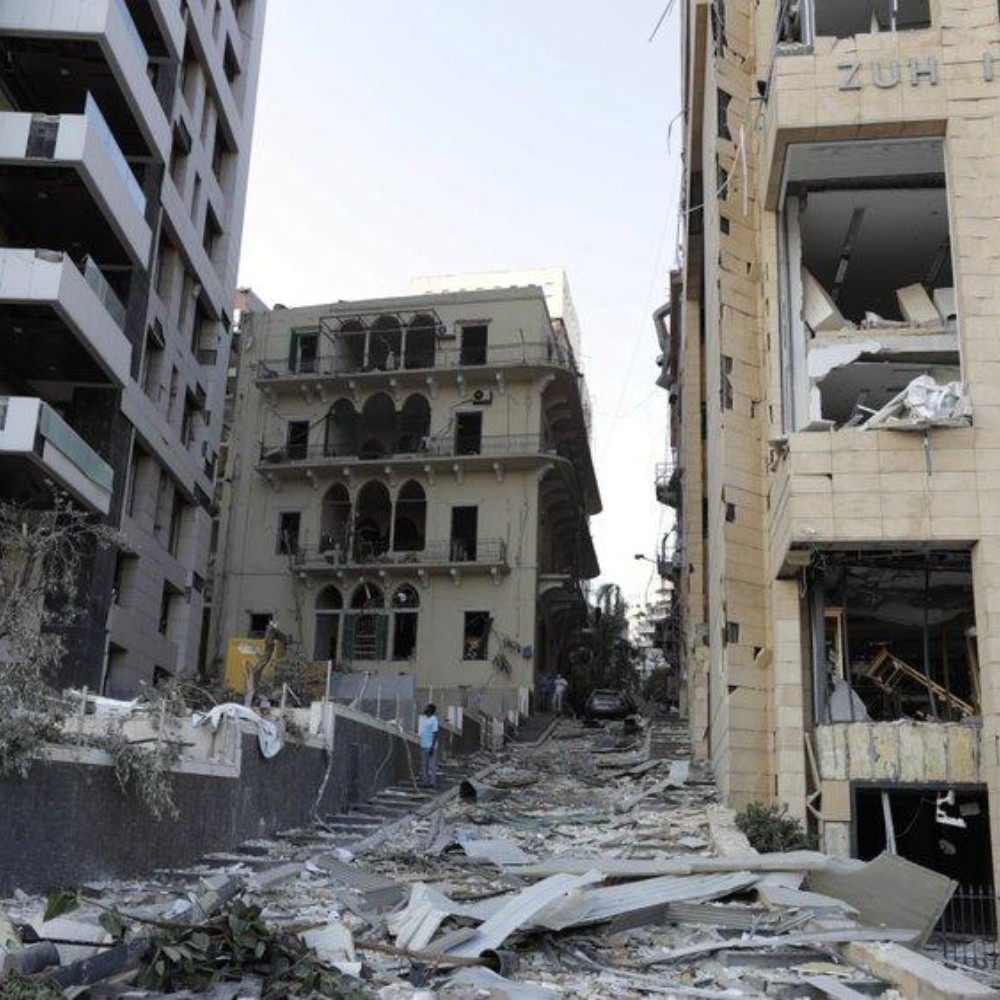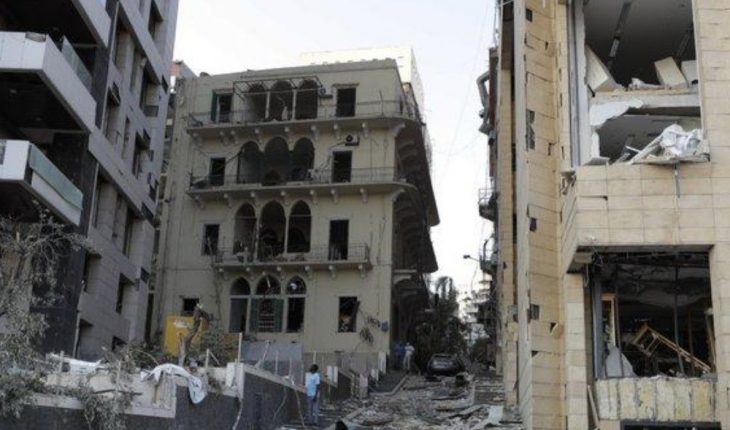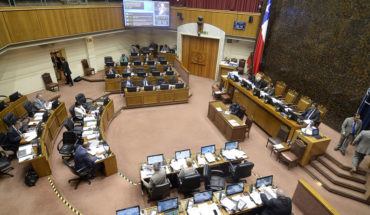
Beirut – Beirut residents woke up Wednesday with a scene of total devastation, a day after a massive explosion in the harbour sent shockwaves in the Lebanese capital, killing at least 100 people and injuring thousands. Smoke still came out of the harbor, where huge mounds of grain sprouted from hollowed-out silos. The main streets of the center were filled with debris and damaged vehicles, and the facades of the buildings were destroyed.
Stay informed about what matters most to you
Get the most relevant news of the day in your email
Thank you for subscribing!
Check your inbox to confirm your email and start getting the latest news
Take advantage and take the next step
Get our news alerts so you don’t miss anything
Receive notifications
Enter your e-mail
Subscribe
Subscribing implies accepting the terms and conditions
You’re already subscribed to news alerts!
Now you can set up notifications from the bell
A Lebanese Red Cross official said at least 100 people were killed and more than 4,000 injured. The official, George Kettaneh, said the figure could rise even more.
Dozens of people were missing, with family members asking for help on social media to locate their loved ones. An Instagram page called “Beirut Victim Location” appeared with photos of missing persons, and radio presenters read the names of missing or injured persons throughout the night. Many residents moved in with friends or family after their apartments were damaged and treated their own injuries because hospitals were overwhelmed. It was unclear what caused the explosion, which appeared to have been caused by a fire and struck by the force of an earthquake. It was the most powerful explosion ever seen in the city, which was on the front line of the civil war of 1975-1990 and has suffered conflicts with neighboring Israel and periodic bombings and terrorist attacks.
“L’Apocalypse” read the front page of the French newspaper L’Orient Le Jour in Lebanon. Another newspaper, al-Akhbar, had a photo of a port destroyed with the words: “The Great Collapse.”
Lebanon was already on the brink of collapse amid a serious economic crisis that has sparked mass protests in recent months. Their hospitals are facing an increase in coronavirus cases, and there was concern that the virus could spread further as people flooded hospitals. Interior Minister Mohammed Fahmi told a local television station that it appeared the explosion was caused by the detonation of more than 2,700 tons of ammonium nitrate that had been stored in a warehouse at the dock since it was seized from a cargo ship in 2014.Witnesses reported seeing an orange cloud like the one that appears when toxic nitrogen dioxide gas is released after an explosion involving an explosion involving Nitrates. Ammonium nitrate is a common ingredient in fertilizers, but it can also be highly explosive. Ammonium nitrate was used in the Oklahoma City bombings in 1995, when a truck bomb containing 2,180 kilograms (4,800 pounds) of fertilizer and fuel oil swept through a federal building, killing 168 people and injuring hundreds more. There is no evidence that the Beirut explosion was an attack Videos showed what looked like a burning erupt nearby just before, and local television stations reported that a fireworks warehouse was involved. The fire appeared to spread to a nearby building, triggering the explosion, sending a mushroom cloud and generating a shock wave. Security forces cordoned off the harbor area on Wednesday when an excavator came in to help clear the debris. A young man begged the troops to allow him to come in and look for his father, who has been missing since the explosion. It was addressed to a port official who wrote down his details.
Lebanese soldiers seek survivors after massive explosion in Beirut, Lebanon, on Wednesday, August 5, 2020
In The Beirut-affected Achrafieh district, civil defense workers and soldiers were working to locate missing persons and clear the debris. At least one man was still trapped under the stones of an old building that had collapsed. Volunteers hooked him up to an oxygen tank to help him breathe while others tried to release his footrna. The explosion destroyed numerous apartment buildings, which could leave a large number of people homeless at a time when many Lebanese have lost their jobs and saw their savings evaporated due to a currency crisis. The explosion also raises concerns about how Lebanon will continue to import almost all of its vital goods with its devastated main port.
Prime Minister Hassan Diab, in a brief televised address, appealed to all countries and friends in Lebanon to provide aid to the small nation, saying, “We are witnessing a real catastrophe.” He reiterated his promise that those responsible for the disaster will pay the price, without commenting on the cause.
There is also the issue of food security in Lebanon, a small country that already houses more than 1 million Syrians in the midst of that country’s war that lasted for years. The main grain silo of the port is run by the Lebanese Ministry of Economy and Trade. Images of drones filmed Wednesday by The Associated Press showed that the explosion ripped those grain silos, throwing their contents into the debris and dirt thrown by the explosion. According to the U.S. Department of Agriculture, about 80% of Lebanon’s wheat supply is imported.
In this drone image, the destroyed silo is found in rubble and debris after an explosion in the port of Beirut, Lebanon, Lebanon, on Wednesday, August 5, 2020./AP
Estimates suggest that about 85% of the country’s grain was stored in the now-destroyed silos. Lebanon’s National News Agency quoted Raoul Nehme, the minister of economy and trade, saying that all wheat stored in the facility had been “contaminated” and could not be used. However, he insisted that Lebanon had enough wheat for its immediate needs. Nehme said Lebanon would also import more wheat. The Mediterranean nation’s small economic crisis is rooted in decades of systemic corruption and mis governance by the political class that has been in power since the end of the civil war. Lebanese have held mass protests calling for radical political change since last fall, but few of their demands have been met as the economic situation has steadily worsened. You may also be interested:Storm Isaiah leaves at least 4 dead after whipping the eastern USFor US generals, the explosions in Beirut were “some kind of bomb”





